Jurisprudence Centre Seminar Talks
The Jurisprudence Centre was established in 1974 as a forum for the advanced interdisciplinary study of problems related to law, law reform, and politics.
The Jurisprudence Centre Seminar Talks, or JurisTalks, are a long-standing tradition in the Department of Law and Legal Studies aimed at stimulating academic dialogue and innovation toward the development of legal studies research and theory. JurisTalks feature academics from other institutions as well community activists.
Past Events
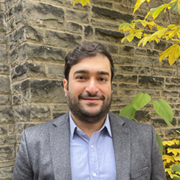
Mar 10
Juristalks: Smuggling Law: Unsettled Sovereignties in Turkey’s Kurdish Borderlands
-
12:30 PM to 2:00 PM
-
D492 Loeb Building, Carleton University

Dec 2
Juristalk: Lawless: Abortion Access Under Decriminalization
-
12:30 PM to 2:00 PM
-
D492 Loeb Building, Carleton University

Mar 18
Juristalks: Navigating Trump Tariffs and Chinese Overcapacity: Canada’s Challenging Trade Outlook
-
11:00 AM to 12:30 PM
-
D492 Loeb Building, Carleton University

Feb 4
Juristalks: Children’s civic participation through climate litigation: any chance for child-friendly justice?
-
12:00 PM to 1:30 PM
-
Loeb Building, Carleton University
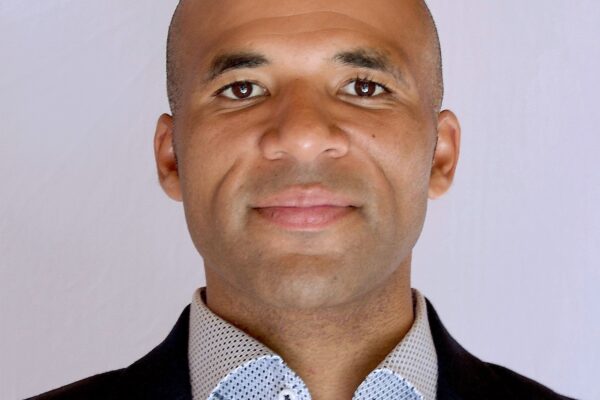
Mar 20
Juristalks: Reflections on the Black Experience with Race, Crime, and Criminal Justice in Canada with Akwasi Owusu-Bempah
-
12:00 PM to 12:00 PM
-
Loeb Building, Carleton University
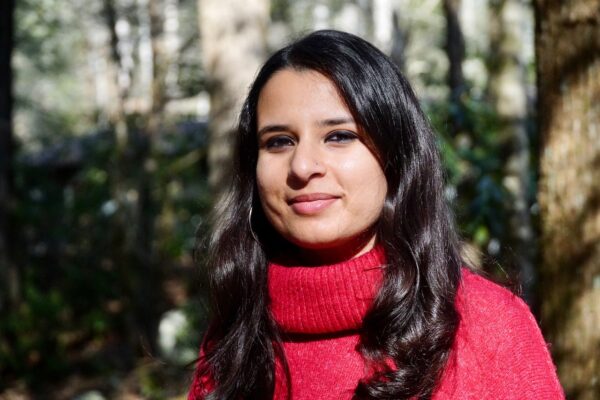
Mar 8
Juristalks: Colonizing Kashmir: State-building Under Indian Occupation featuring Dr. Hafsa Kanjwal
-
12:30 PM to 12:00 PM
-
D492 Loeb Building, Carleton University
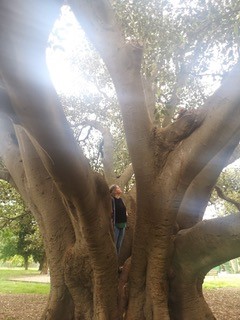
Mar 15
Juristalks: Law’s Authority- Arboreal Jurisdiction
-
10:30 AM to 12:00 PM
-
D492 Loeb Building, Carleton University
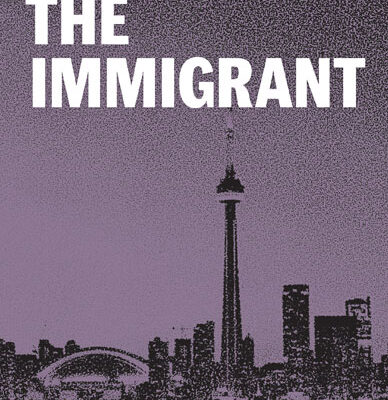
Jan 26
JurisTalks: Fearing the Immigrant: Racialization and Urban Policy in Toronto
-
12:00 PM to 1:30 PM
-
Loeb Building, Carleton University
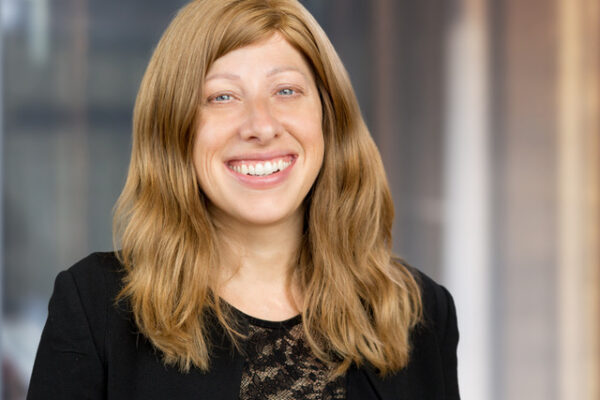
Nov 15
JurisTalks: The Regulation of Poor People’s Stuff
-
12:00 PM to 1:30 PM
-
3202 Richcraft Hall, Carleton University
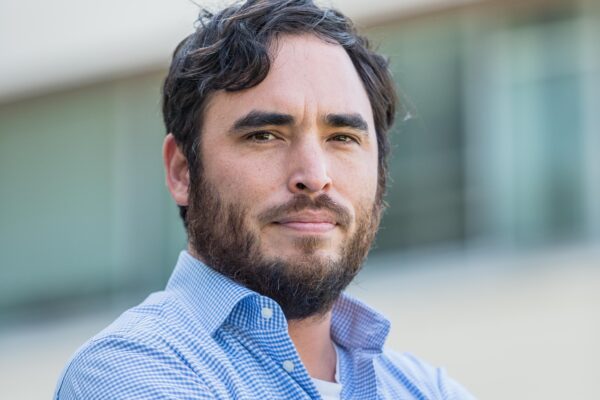
Mar 30
JurisTalks Lecture: Sovereignty and Citizenization in the Settler Colony
-
1:00 PM to 2:00 PM
-
Virtual Event